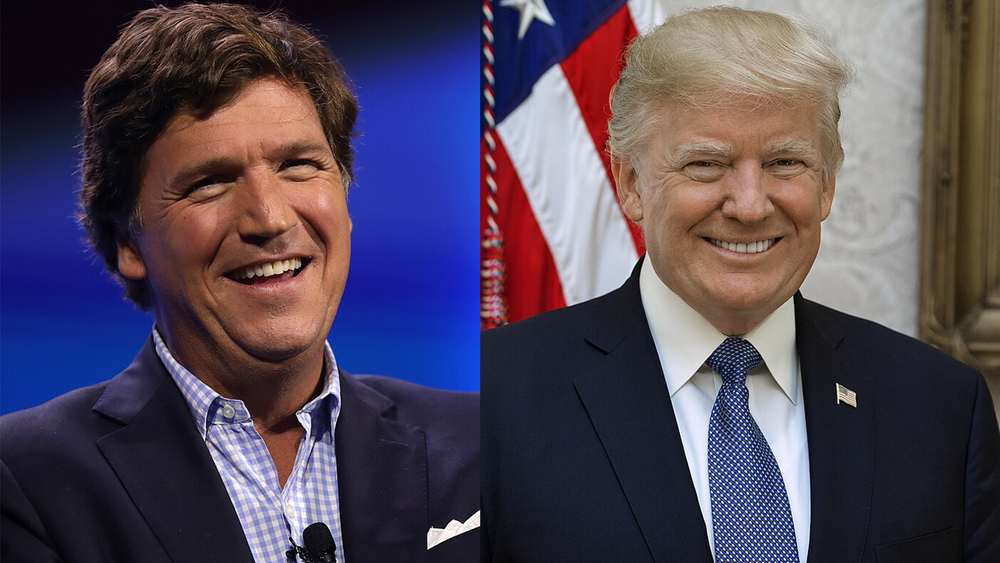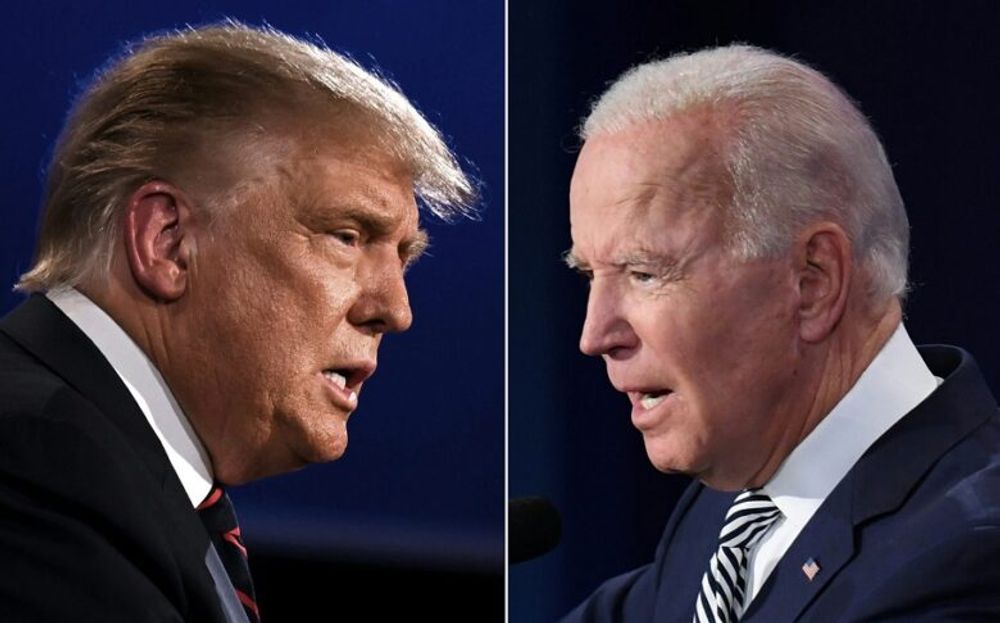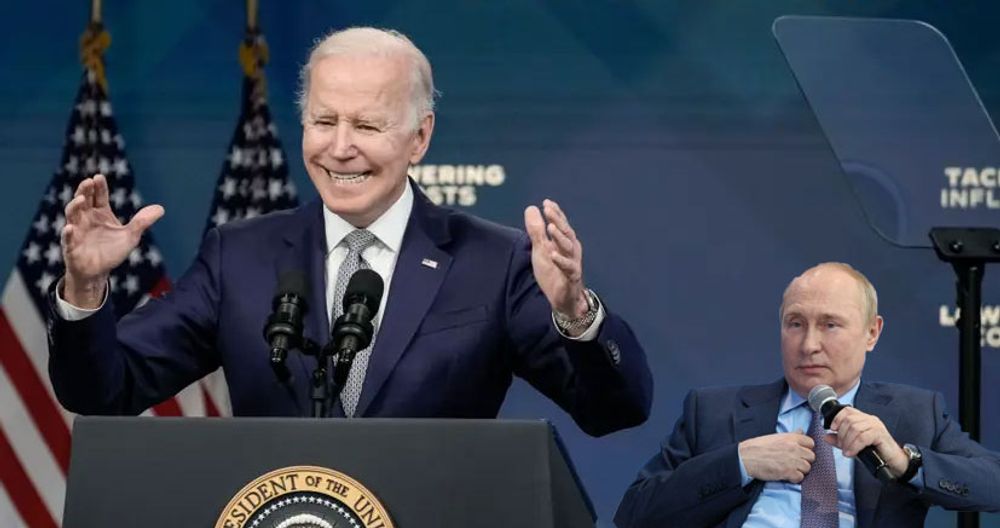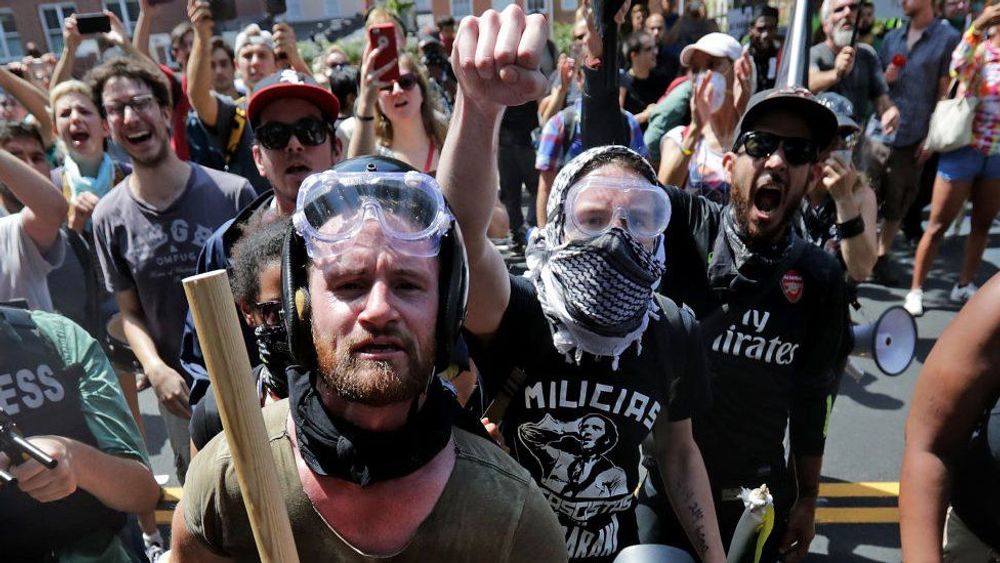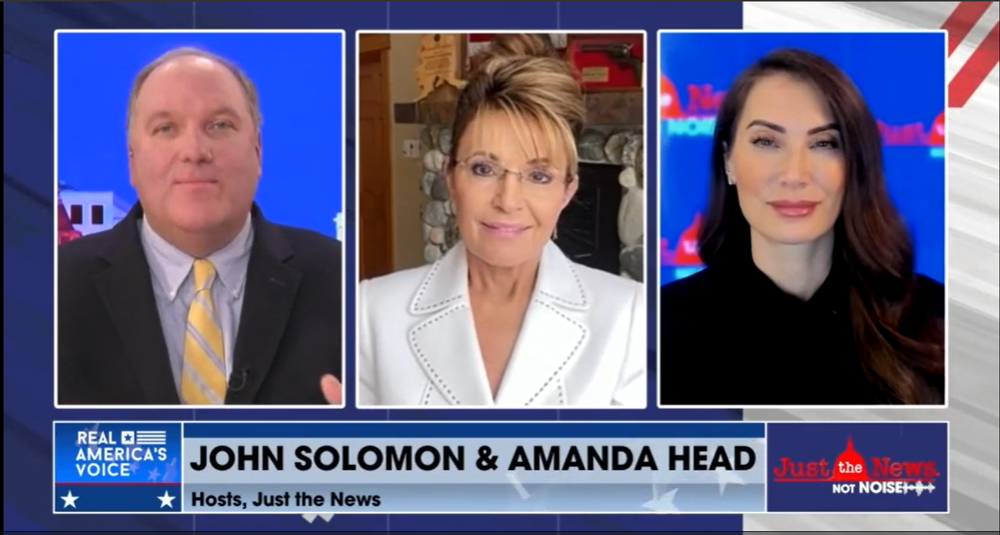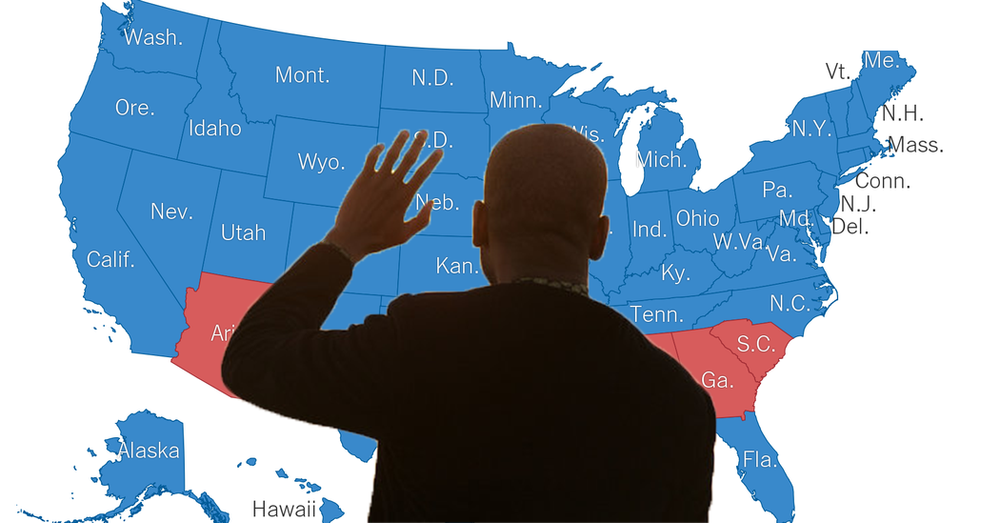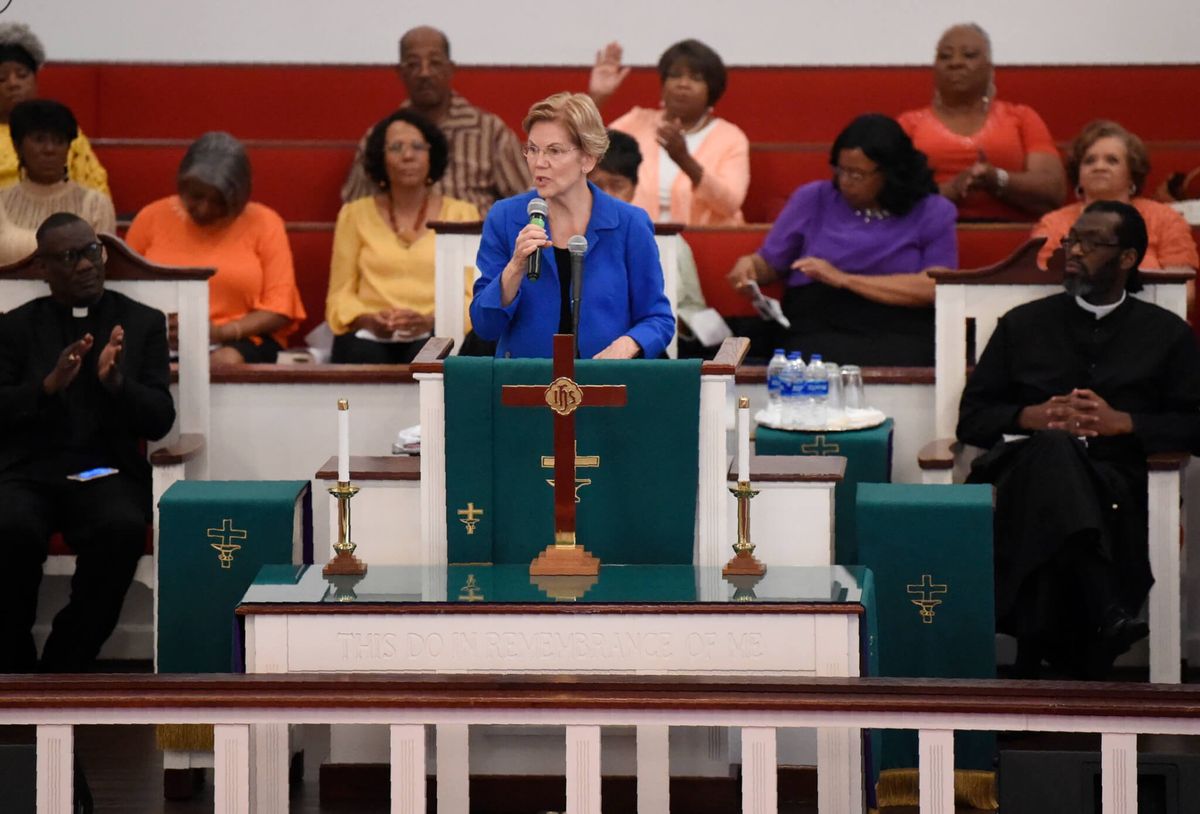
Black Democrats Hold Sway in SC Presidential Primary
A while back, Garrett McDaniel approached a group of African Americans at a student and alumni event at Claflin University, a historically black Southern college in Orangeburg, South Carolina, to make his pitch.
“Excuse me, folks,” he said. “I’m working with Mayor Pete Buttigieg’s campaign in South Carolina.”
Before McDaniel could continue, an older woman interjected, “What is he running for?”
“President,” McDaniel replied.
Later, speaking with VOA, the 32-year-old black campaign worker said such encounters are not uncommon.
“Not many people are familiar with Mayor Pete," McDaniel said. "He’s young and a newcomer to the national political scene. My job is to hopefully convince black voters to support the Democratic presidential contender.”
Sorry, but your player cannot support embedded video of this type, you can download this video to view it offline.
Embed" />CopyFast forward to today, and things haven't changed that much. McDaniel knows his pitch for Buttigieg, an openly gay former mayor of South Bend, Indiana, can be a tough sell in a conservative Southern state where public opinion polls show most blacks, especially older voters, support Joe Biden. The former vice president benefits from name recognition, front-runner status and connections to the nation’s first black president, Barack Obama.
If Buttigieg has any hope of winning the Democratic presidential nomination, he has to overcome the chilly reception he continues to receive from black audiences in states like South Carolina.
Buttigieg has stressed moderate policy positions and shown up at black church services across the state to reinforce he's the most overtly religious democratic presidential contender in the field. Thus far the message hasn't resonated with large numbers of blacks.
South Carolina voting bloc
As the day wore on, McDaniel saw other campaign workers of top-tier Democratic candidates working the crowds at Claflin University. The push to generate black support is increasingly competitive ahead of the state’s February 29 primary — the first in the South and the first with a significant black population.
With thousands of young and older black voters gathering for Claflin's homecoming weekend, campaigns were seeking support from this pivotal minority voting bloc.
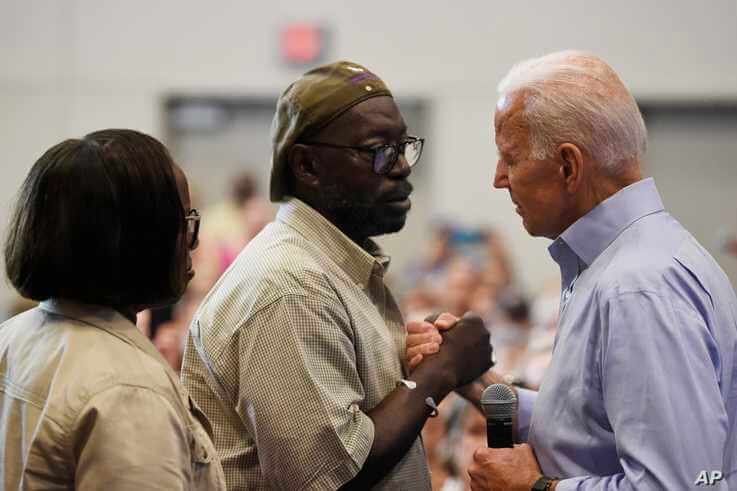
“I’ve made up my mind. I believe Joe Biden is more for the people,” said Tony Memminger, 62, from Orangeburg. “I believe he can do a better job than who is in office now. I have confidence in him.”
South Carolina public opinion surveys suggest Biden has a nearly 19-percentage-point lead over Massachusetts Senator Elizabeth Warren and Vermont Senator Bernie Sanders. Buttigieg is polling at nearly 8%, a distant fourth place.
Most consider South Carolina a must-win for Biden, especially if he stumbles in the first two nominating contests in Iowa and New Hampshire — states with lower minority percentages than the nation as a whole.
One-third of primary voters
In South Carolina, blacks make up nearly a third of Democratic primary voters. Even so, three African American Democratic presidential contenders failed to make significant inroads in the state or nationally.
New Jersey Senator Cory Booker ended his presidential campaign in January after struggling to raise money and polling in the low single digits for months. California Senator Kamala Harris dropped out of the race in December. The lone African American remaining, former Massachusetts Governor Deval Patrick, is not registering on major polls at all.
VOA spoke with several younger black South Carolinians who were undecided about which candidate to support.
“There are a few candidates that I am engaged to, but I haven’t married one yet,” said Bryanta Maxwell, a Columbia resident and South Carolina State University graduate. Maxwell said she was looking for someone who could beat President Donald Trump.
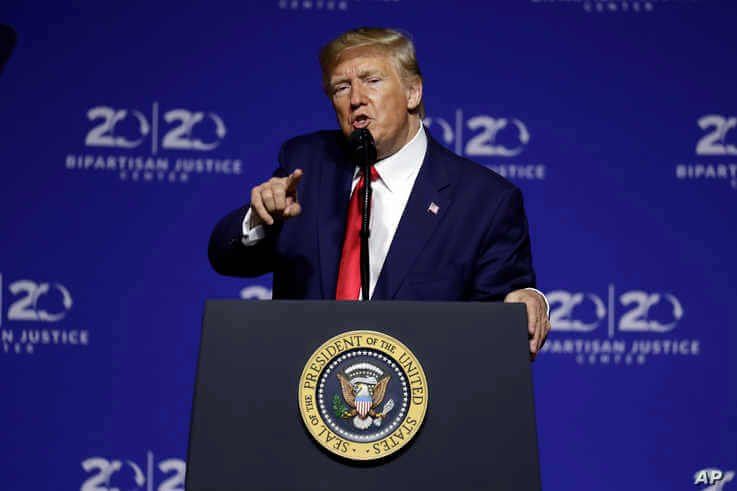
“Donald Trump became the Pandora’s box [a source of problems and pitfalls], and with that Pandora's box, it opened up everything. Everybody was head-on and face-on with their racism. Everyone was able to be head-on and face-on with their classism [class-based discrimination]. So, it is a battle right now for the soul of the country,” Maxwell said.
Trump has denied he’s a racist and has sought to increase his 10% support among African Americans. He touts reduced black unemployment, increased funding for black colleges, and criminal justice reform as part of his accomplishments during his time in office.
“All my life, I have been committed to advancing fairness and opportunity for the African American community,” Trump said in October during a visit to Benedict College, a historically black college in Columbia.
Integrity, issues
Davion Petty, who graduated with a business degree from South Carolina State University, said he would not vote for Trump.
“How I am going to narrow it down is where are the candidates’ integrity and what are the political issues that they take to the top of their level [agenda]. Climate change is a big issue for me, environmental issues, the economy,” Petty said.
Other black voters told VOA their top issues included health care, elimination of student loan debt and criminal justice reform.
The black vote is widely viewed as critical for Democratic contenders. No Democrat has claimed the party’s nomination without winning it in more than 30 years.
“Whoever is that Democratic candidate has to appeal to black voters, especially women,” said Todd Shaw, a political science professor at the University of South Carolina. “We are seen as a bellwether state in terms of that black vote being the significant proportion of the Democratic primary voter. In the past, we’ve played a role in influencing other African American voters to coalesce around one candidate. Let’s see if history repeats itself.”
 Rep. Liz Cheney to Stay in House, Decline Wyoming Senate RunNext PostUS Intelligence Chiefs Could Scrap Annual Public Hearing
Rep. Liz Cheney to Stay in House, Decline Wyoming Senate RunNext PostUS Intelligence Chiefs Could Scrap Annual Public Hearing
